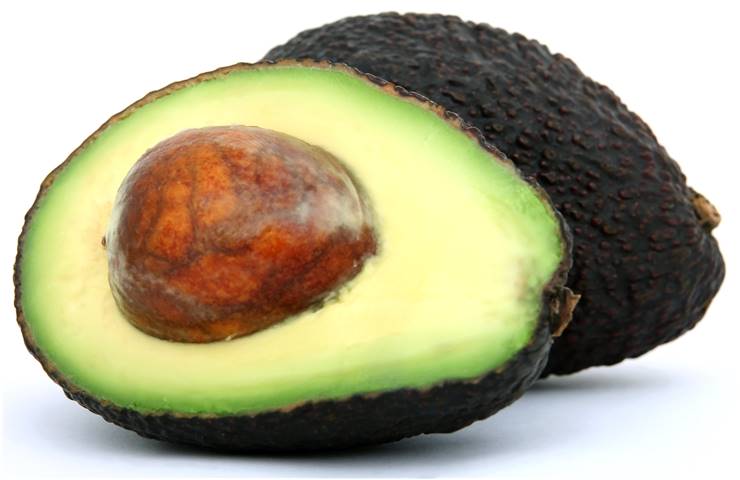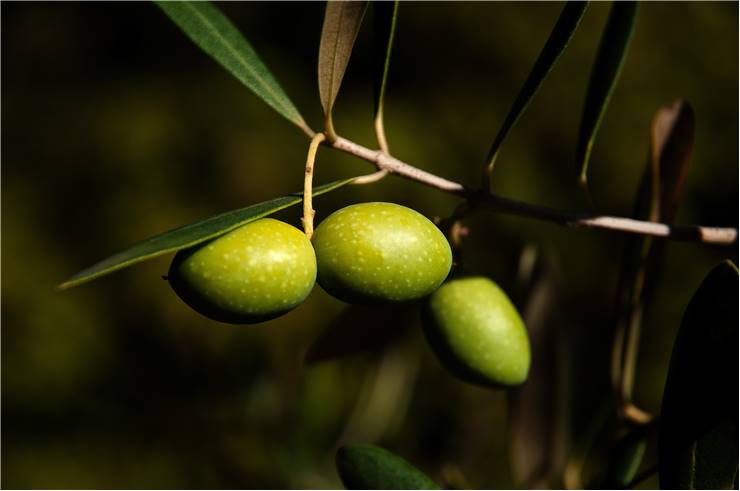Fruits Commonly Mistaken for Vegetables
Foods that are considered to be fruits are often sweeter or less savory than vegetables. Botanically speaking, any part of a plant that develops from the ovary of a flowering plant is a fruit, while all other parts of the plant are considered vegetables. Despite that, there are still some foods that we call vegetables, but are fruits. For example, tomatoes, cucumber, avocados, olives are technically fruits, even if they taste savory.
Although tomatoes come in several different varieties, there’s no doubt that they are all fruit, not a vegetable. Being super-rich in an antioxidant called lycopene, this fruit helps protect our body from cell-damaging free radicals. Tomatoes are botanically classified as berries because, as simple fruits, their seeds and pulp are produced from a single ovary.

Even though we only eat the fruit of the cucumber plant, in our daily use we see it as a vegetable. So, is a cucumber a fruit or a vegetable? It just depends on the perspective from which we look at it. Culturally, we talk about cucumbers as a vegetable. At supermarkets, we usually find cucumbers in the vegetable department, among other vegetables. So, from this cultural point of view, we perceive cucumber as a vegetable.
On the other hand, horticulturally, all food that grows on the herbaceous plant is a vegetable, whereas everything that grows on a woody plant is a fruit. And since cucumbers don’t grow on a woody plant, but on the herbaceous plant, it is seen as a vegetable.
Which takes us to another point of view, which is a culinary one. Chefs at the restaurant make a distinction between fruits and vegetables based on when people eat them. In this case, food that is eaten as a main course or entrée is a vegetable, while food that follows as a dessert is a fruit. Therefore, in the culinary sense, cucumbers are vegetables.
Watermelon and other melons are also the food of our discussion. Just like honeydew and cantaloupes, they taste sweet and are refreshing. But are they also fruits? It is true that they are in the same Cucurbitaceae family, but the watermelon belongs to the Citrullus genus, which clearly differentiates the two types of produce. Considering the definition of fruit as “the ripened ovary of a seed plant and its contents which includes the seeds”. In this definition, apples, oranges, and cherries are included as they contain seeds of the plant that bore them.
So, you would say “Just like watermelons!”. Well, it not like that exactly. Although many people would consider green beans and squash vegetables, under this definition, they are fruits.
Avocados are often mistaken for vegetables. Certainly, because people like to put them in salads or place them on sandwiches. Just like other fruits, avocados are a great addition to a milkshake or any blended snacks. It is considered to be very heathy due to its rich combination of vitamins B, K, E, then lutein and potassium.
Bell peppers compliment well most savory meals. They contain a high amount of vitamin B and beta-carotene and are also high in vitamin C. Even if they do not belong to the vegetable family, you can use them as an addition to your favorite vegetables dishes and toppings.

Another fruit that looks like vegetables is a butternut squash. It gets treated as a vegetable when people roast or mash it to make soups and casseroles. Interestingly, it is used for baking bread and muffins, just like bananas. Regardless of a preparation way, it is a great source of vitamins E and A, potassium and fiber.
Olives are also considered a vegetable, mostly because their oil is often used for cooking. This fruit is very rich in vitamin E. Due to the longevity of an olive tree, which can be thousands of years, its fruit has comparable health benefits that are pointed out by nutritionists worldwide.
Just like another squash plant produces, pumpkins are thought of as a vegetable as well. This fruit can be roasted or boiled, steamed or pureed to be added into soups and baked food. Being an excellent source of vitamins A, C, and E and rich in antioxidants, this fruit is highly recommended to be enjoyed as a fall treat.
Zucchini is another squash fruit which is probably the most commonly mistaken for a vegetable. This fruit is a rich source of potassium and folate. Go ahead and freely try to prepare it as a vegetable.
Peapods are also commonly mistaken for vegetables. Since they are often taken out of the pod prior to being eaten, it is not a wonder to see why. Regardless, they are a product coming from the ovary of a flowering plant. As of their content, they are rich in iron, fiber, zinc and some other proteins.

